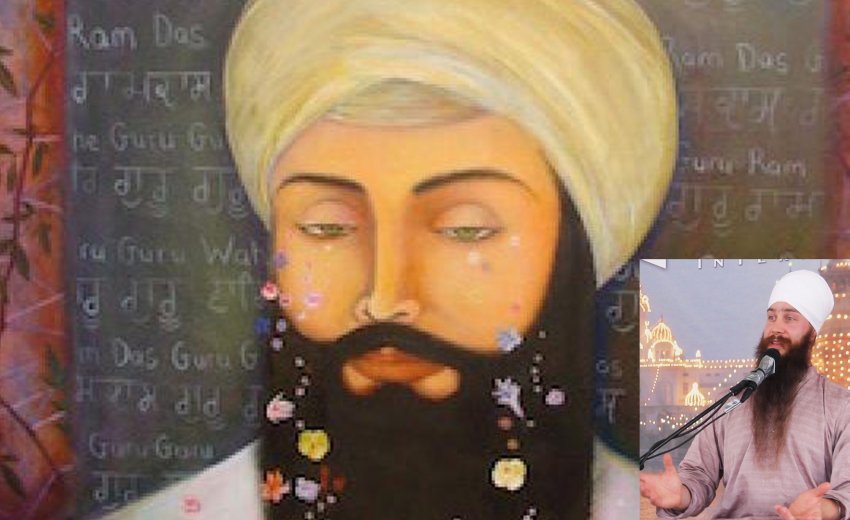
Harijot Singh Khalsa
Harijot Singh is a graduate of Miri Piri Academy. He serves as creator of SikhNet Stories. He has also authored several research pieces on Sikh history as well as offered encouraging messages through his articles.


Most of us, if not all, have experienced our prayers being answered....